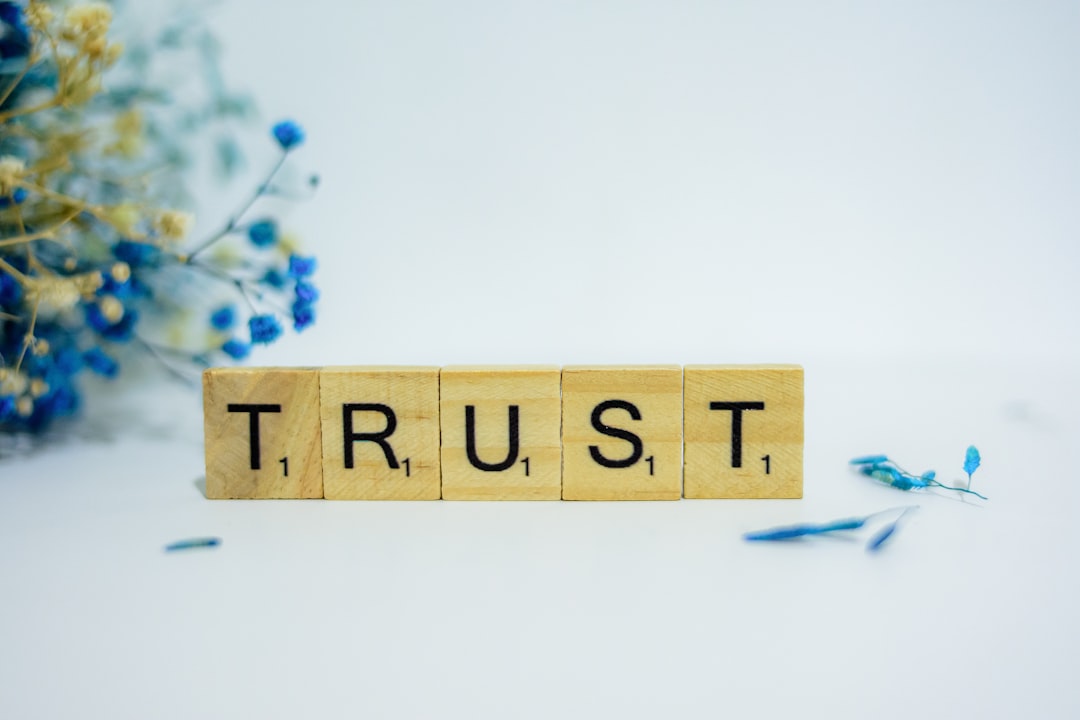When you shop online, you want to make sure your information is safe. Think of typing your credit card number into a website. Scary, right? That’s where SSL steps in to save the day! In this fun and simple guide, we’ll show you what SSL is, why it matters, and how it keeps eCommerce sites secure.
What Does SSL Even Stand For?
SSL stands for Secure Sockets Layer. Fancy name, but simple idea. It’s a technology that creates a safe and encrypted connection between your web browser and the website you’re visiting.
Think of it like a secret tunnel for your data. No one outside can peek inside, not even hackers with super high-powered glasses.
So… How Does SSL Work?
Imagine sending a love letter. You don’t want anyone reading it before it gets to your crush. So, you lock it in a box and only your crush has the key. That’s basically SSL!
- Your computer wants to talk to a website securely.
- The website shows it has an SSL certificate (like presenting ID).
- If everything checks out, they shake hands digitally and start a secure chat.
This chat is encrypted, which means all your data is turned into a secret code. Nobody else can crack it.
Why SSL Is Important for Ecommerce
If you’re running an online store without SSL, you’re basically inviting hackers to a data party. And trust us, you don’t want them RSVP’ing.
Here’s what SSL does for eCommerce:
- Protects Customer Info: Credit card numbers, login details, addresses—all locked tight.
- Boosts Customer Trust: People are more likely to shop on sites that have that cute padlock symbol.
- Improves SEO: Google loves secure websites. SSL can help your store show up higher in search results.
- Keeps You Compliant: Some laws and payment providers require SSL. No SSL can mean no business.

The Magical Padlock Symbol
Ever seen that little padlock icon in the address bar of your browser? That’s SSL at work. It means the website you’re visiting is protected.
Even better, the website’s address will start with https:// instead of http://. The “s” is for secure. Simple, right?
So, How Do Websites Get SSL?
It’s not as tricky as you’d think. A business buys an SSL certificate from a trusted Certificate Authority (CA).
This certificate is like a digital ID. It proves the website is real and that it’s safe to connect.
- Domain Validated SSL: Basic level, great for small sites or blogs.
- Organization Validated SSL: Checks the business info too. Good for medium-sized businesses.
- Extended Validation (EV) SSL: The highest level. Shows company name in the address bar. Ultra trustworthy.
What Happens Without SSL?
Honestly? Nothing good.
- Hackers can spy on your customer’s information.
- Browsers may show scary “Unsecure Website” warnings.
- People might leave your site without buying anything.
- You risk fines if you process payments without meeting rules like PCI DSS.
Still sound like something to skip? We didn’t think so!
SSL vs TLS – Wait, What’s TLS?
Good question! SSL is the old name. These days, websites actually use a newer version called TLS (Transport Layer Security).
It’s like SSL went to the gym, trained up, and now calls itself TLS. But most people still call it SSL, even though it’s technically upgraded.
The Role of SSL in Preventing Data Theft
Let’s say someone tries to intercept data on an eCommerce website. If that data was encrypted by SSL, all they’ll get is nonsense.
Instead of “JohnDoe1234” and “Visa 4111-1111-1111-1111,” they’ll see scrambled symbols and gibberish. Mission failed, hacker!
SSL and User Trust: A Match Made in Heaven
People are smarter than ever when shopping online. They look for the signs of security. If your site doesn’t have SSL, they’re likely to click “back” faster than you can say “abandoned cart.”

SSL gives your users peace of mind. It tells them, “Don’t worry, your data is safe with us!”
How SSL Affects Payment Processing
If you’re asking people to give credit card info, PayPal logins, or even Apple Pay details, you must have SSL.
Payment gateways—like Stripe or Square—require SSL to function. No SSL means no successful payments.
Do Free SSL Certificates Work?
Yup, they do! Services like Let’s Encrypt offer free SSL certificates. They’re 100% valid, and for many small businesses, they’re perfect. But there’s a catch:
- They usually offer only Domain Validation (DV), not the higher levels of trust.
- Some expire in just 90 days, so you need to renew often.
- You don’t get that cool green address bar with company name.
Still, free SSL is way better than no SSL!
Setting Up SSL – The Easy Way
Many web hosts make setting up SSL as easy as one click. Seriously. Just click “Enable SSL” and boom! Your site is safe.
Want to go fancy with Extended Validation? Your host or an IT pro can guide you through. There’s paperwork, but it’s worth the extra trust and security.
How to Know If Your Site’s SSL Is Working
Test it using any of these methods:
- Look for the padlock icon.
- Check that your URL starts with https://.
- Use free tools like SSL Labs or Why No Padlock.
If you see warnings or insecure elements, fix them quickly. Mixed content (http images on https pages) can cause problems too!
Google and SSL – Best Friends Forever
Back in 2014, Google announced that SSL would be a factor in search rankings. That’s right—secure sites are more likely to appear higher in search results.
So by installing SSL, you’re not only protecting customers—you’re also helping your own SEO.
The Bottom Line
If you’re running an eCommerce site, SSL isn’t optional. It’s essential. It builds trust, keeps your data safe, and helps your site succeed.
Here’s a quick recap:
- SSL = Security + Trust + Better SEO
- Use HTTPS, not just HTTP
- Customers will notice if you don’t have it
So go ahead, lock down your website, and treat your users to a safe shopping spree. They’ll thank you with clicks… and checkouts!
Stay secure, stay awesome, and enjoy building your eCommerce empire!
I’m Sophia, a front-end developer with a passion for JavaScript frameworks. I enjoy sharing tips and tricks for modern web development.
